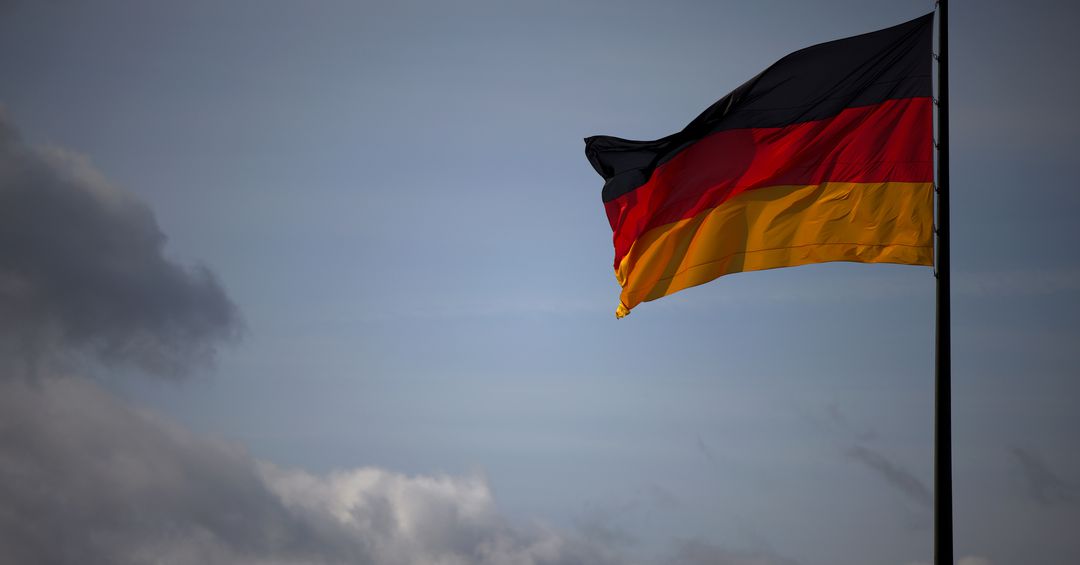Germany's public finances are solid enough to withstand a major energy shock, even if persistent disruptions to gas supplies from Russia could hurt its growth prospects, credit rating agency Scope said in a study seen by Reuters on Monday.
The German economy barely grew in the second quarter, with the war in Ukraine, soaring energy prices, the COVID-19 pandemic and supply disruptions bringing it to the edge of a recession that the national central bank says is increasingly likely.
"Germany has the fiscal buffers and adequate financial reserves to weather a severe energy shock, though material damage to growth prospects could result from the continued disruptions of Russian gas supplies", Scope analysts said.
Rating Germany's sovereign debt 'AAA' grade with a stable outlook, the Scope analysts said the economy's growth prospects had deteriorated significantly due to the war in Ukraine, forecasting growth of 1.6% in 2022 and 1.7% in 2023.
They originally expected more than 4% growth this year and 3% in 2023.
In their baseline scenario, the agency said sharp rises in energy costs coupled with new disruptions to global supply chains would lead to a recession - a contraction in two successive quarters - starting in the final quarter of 2022.
Even so, Scope expected Germany's debt-to-GDP ratio to remain on course to fall below 65% by 2027 due to low interest rates and quickly recovering tax revenues after the pandemic.
Under a more pessimistic scenario with acute gas shortages, debt-to-GDP would rise to just over 75% in 2024. In comparison with European peers, this would still be modest: In Italy, the ratio is already some 150%, and in France it is around 113%.
"While economic damage would be unavoidable from Russia's 'weaponization' of its energy exports, Germany maintains ample financial capacity for further temporary relief," the Scope analysts said.










